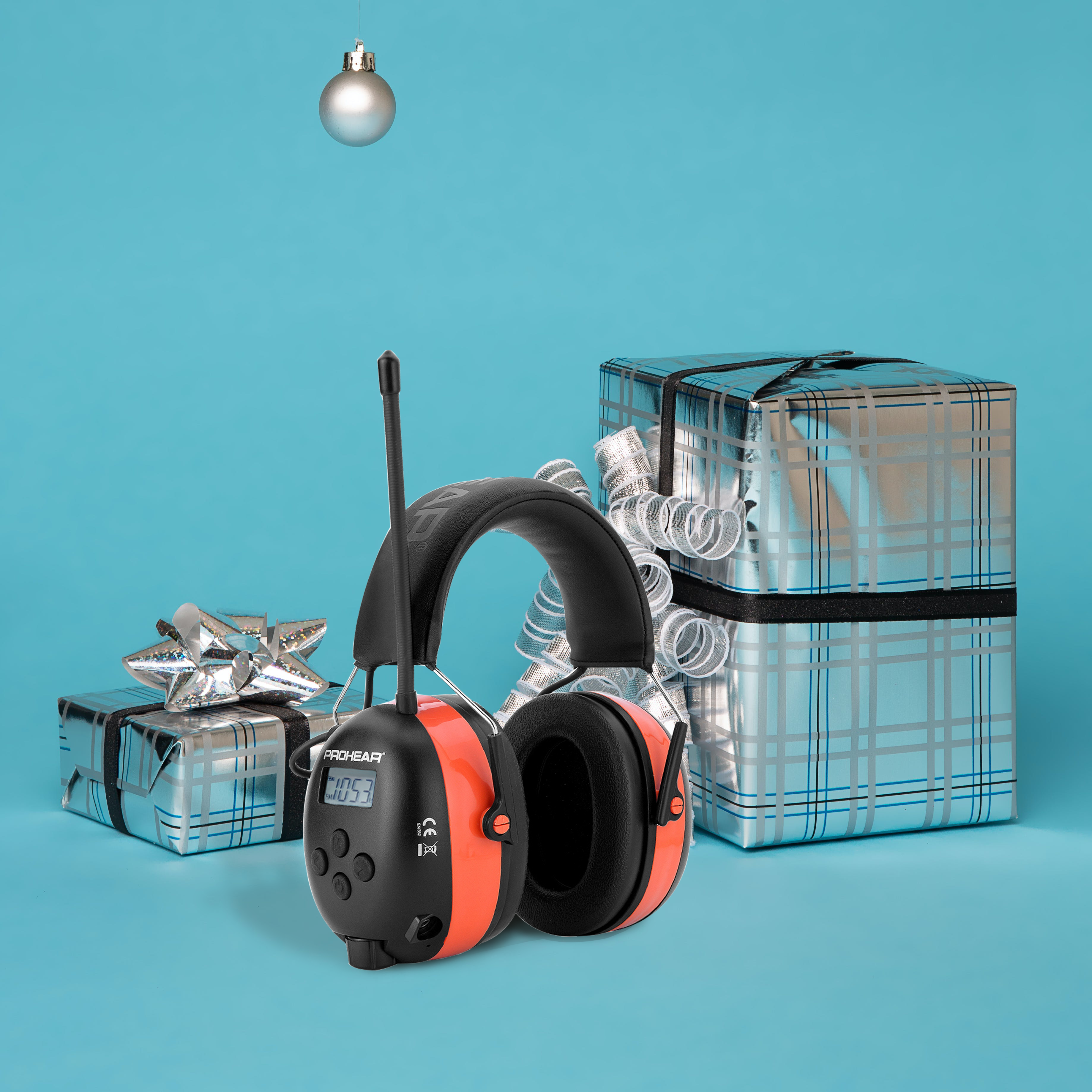Imagine This Morning…
You open your eyes to a new day. The sunlight filters through your window. But something feels strange.
Your alarm clock’s buzz? Silent.
The coffee machine bubbling in the kitchen? Nothing.
The birds singing outside? Gone.
Even the honk of a car in the street below never reaches your ears.
The world is still. Unnervingly still.
This isn’t the peaceful silence of a calm morning—it’s the silence of a world where your hearing is gone.
Why This Thought Experiment Matters
Most people think hearing loss happens overnight. In reality, it’s a slow and subtle process. You don’t just “wake up deaf.” Instead, you gradually miss little things:
-
You ask people to repeat themselves more often.
-
You turn the TV volume up, while your family complains it’s too loud.
-
Conversations in restaurants feel like a blur of noise.
-
You smile and nod when you can’t quite catch the words.
By the time you realize what’s happening, the damage is already done. And unlike eyesight—where glasses can restore clarity—hearing loss is irreversible. Once the tiny hair cells in your inner ear are damaged, they don’t grow back.
How Everyday Sounds Can Steal Your Hearing
The scary part? Many everyday sounds are already loud enough to harm your ears.
-
Lawn mower: 90 dB
-
Power tools (saws, drills): 95–110 dB
-
Rock concert: 100–120 dB
-
Fireworks: 150 dB
-
Gunshots: 140–165 dB
The World Health Organization warns that prolonged exposure above 85 dB can cause permanent hearing damage. That means even your Saturday lawn care or a night out at a concert could leave a lasting mark on your ears.
Building a Habit of Protection
The solution isn’t avoiding life’s loud moments. It’s being prepared for them. Just like wearing a seatbelt in your car, or a helmet on your bike, hearing protection should become second nature.
Here’s how you can protect yourself (and your family) in different scenarios:
-
At the shooting range or while hunting:
Gunfire can exceed 160 dB. Electronic earmuffs like the PROHEAR 030 and PROHEAR 066 suppress harmful blasts while enhancing voices, so you stay safe and connected to your teammates. -
While mowing the lawn or doing garage projects:
Power equipment might not seem extreme, but the damage accumulates over time. PROHEAR 037 Bluetooth earmuffs lower harmful noise while letting you stream music or podcasts. -
For children at concerts, sports events, or fireworks shows:
Kids’ ears are even more sensitive than adults’. The PROHEAR 032 kids’ earmuffs are lightweight, colorful, and built for tiny heads, ensuring safe fun at every event.
Don’t Wait Until Silence Becomes Permanent
Imagine your child calling your name—and you don’t hear it.
Imagine missing your favorite song’s chorus.
Imagine a family movie night where you can’t follow the dialogue.
These aren’t dramatic hypotheticals. They’re everyday moments that people with untreated hearing loss live through.
The good news? You can prevent it. All it takes is a simple habit: wear hearing protection whenever you face loud environments.
👉 Explore the full PROHEAR collection and make hearing protection part of your lifestyle—before silence takes over.
Extended Reading: Everyday Habits for Lifelong Hearing
Protecting your hearing isn’t just about earmuffs at the shooting range or earplugs at concerts. It’s about the small habits you practice every day. Here are some proven tips to keep your ears healthy for life:
1. Schedule Regular Hearing Tests
Just like an annual eye exam, a hearing test helps detect early signs of hearing loss. Many clinics offer quick screenings, and catching problems early can make a huge difference.
2. Mind Your Headphones
Listening through earbuds at full volume can be as harmful as standing next to a chainsaw. Follow the 60/60 rule: keep volume under 60% and limit sessions to 60 minutes at a time.
3. Teach Kids Early
Children are more vulnerable to loud sounds. Normalize ear protection for them at fireworks shows, concerts, or sporting events. Making it fun—like with brightly colored earmuffs—turns safety into a habit.
4. Watch Out for Earbuds in Noisy Places
On airplanes or in the subway, people often crank up the volume to drown out background noise. That’s a fast track to hearing loss. Instead, use noise-reducing earmuffs or noise-canceling headphones.
5. Listen to Your Body
If you notice ringing in your ears (tinnitus) after exposure to loud noise, that’s a warning sign your ears are stressed. Give them rest—and make hearing protection a priority.
Final Thought
Your hearing shapes your world: your favorite music, laughter at the dinner table, the reassuring words of loved ones. Losing it means losing connection.
The best time to start protecting your hearing is yesterday. The second-best time is today.
👉 Equip yourself and your family with PROHEAR hearing protection and keep the sounds of life alive—loud and clear.









